The Artist Joni Mitchell Blames for Undermining “the Importance of Talent”


The music industry has undergone a radical transformation since Joni Mitchell first emerged in the 1960s. With the rise of MTV and the advent of social media, the focus has shifted significantly. Marketing now stands nearly as important as the music itself. Today, being a talented songwriter isn’t quite enough. Artists must maintain an active online presence, master the TikTok algorithm, pitch to Spotify for playlist inclusion, endure minimal payment, and forge connections in hopes of catching an industry professional’s attention.
Joni Mitchell’s Perspective on the Industry Shift
Joni Mitchell, renowned for her profound songwriting and musical talent, foresaw these changes and was vocal about her concerns. Although she managed to evade much of the increasing commercialization, even stepping away for a period due to her distaste for it, she consistently spoke out against the industry’s growing superficiality. Mitchell expressed her frustration through her music and interviews, criticizing record labels for prioritizing sales over genuine talent.
Targeting Madonna: The Manufactured Popstar
In a notable 2002 interview with W Magazine, Mitchell singled out one artist she felt epitomized this shift: Madonna. Mitchell described the pop star as “manufactured,” suggesting that Madonna’s success was largely due to “hiring the right people” rather than her musical talent alone.
Madonna’s approach to music was starkly different from Mitchell’s. While Mitchell focused on authentic, heartfelt folk songs, Madonna’s success was driven by her image and elaborate marketing strategies. Her provocative music videos, like the controversial ‘Like A Prayer,’ and her striking on-stage costumes, were integral to her rise to fame.
Madonna’s Influence and Talent
While Mitchell criticized Madonna’s manufactured image and approach to feminism, it’s essential to recognize Madonna’s undeniable talent. Despite the heavy emphasis on visuals and production, Madonna penned some of the most iconic pop tracks, such as ‘Hung Up’ and ‘Material Girl.’ Her innovative marketing techniques set industry standards, and her ability to captivate audiences contributed to her lasting legacy.
The Changing Landscape of the Music Industry
Mitchell’s grievances about the industry’s evolution are valid. The music scene likely held more authenticity before the influence of MTV and social media. The prioritization of profit over talent has indeed become more prevalent in recent decades. However, it’s crucial to understand that Madonna didn’t single-handedly drive this shift. Instead, she navigated and thrived within the changing landscape, showcasing her talent alongside her marketing prowess.
Conclusion
Joni Mitchell’s criticisms highlight the ongoing tension between commercial success and artistic integrity in the music industry. While Madonna represents a different approach, one centered on image and marketing, her success also underscores a significant talent for creating enduring pop music. The dialogue between these two legendary artists continues to reflect broader debates about the nature of success and the role of talent in the ever-evolving music industry.

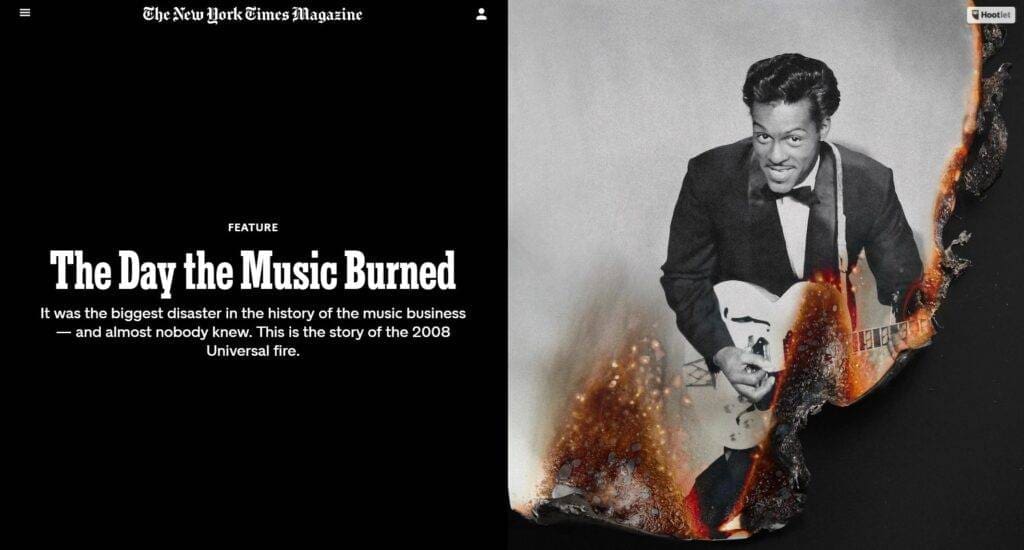
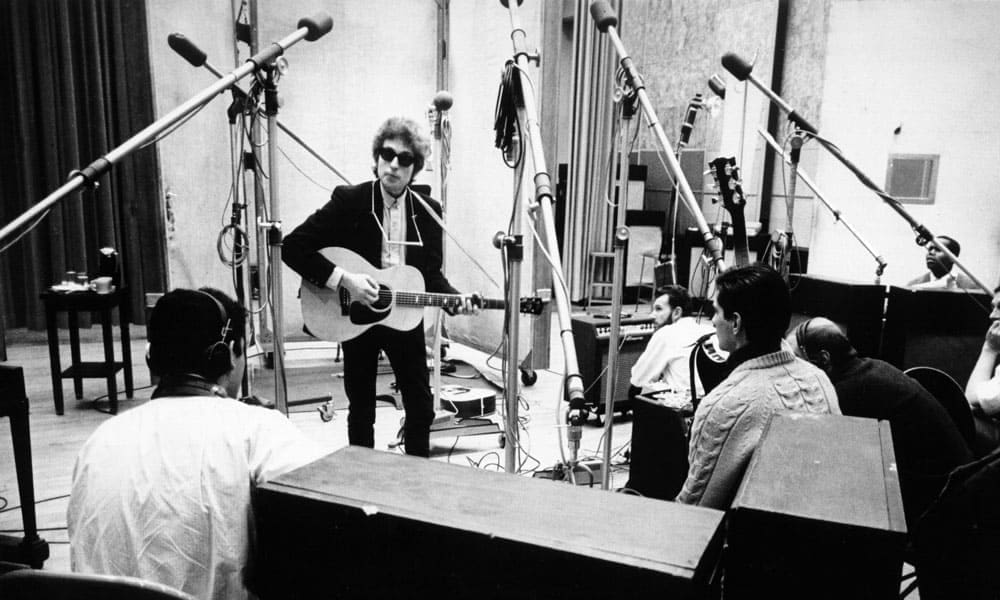
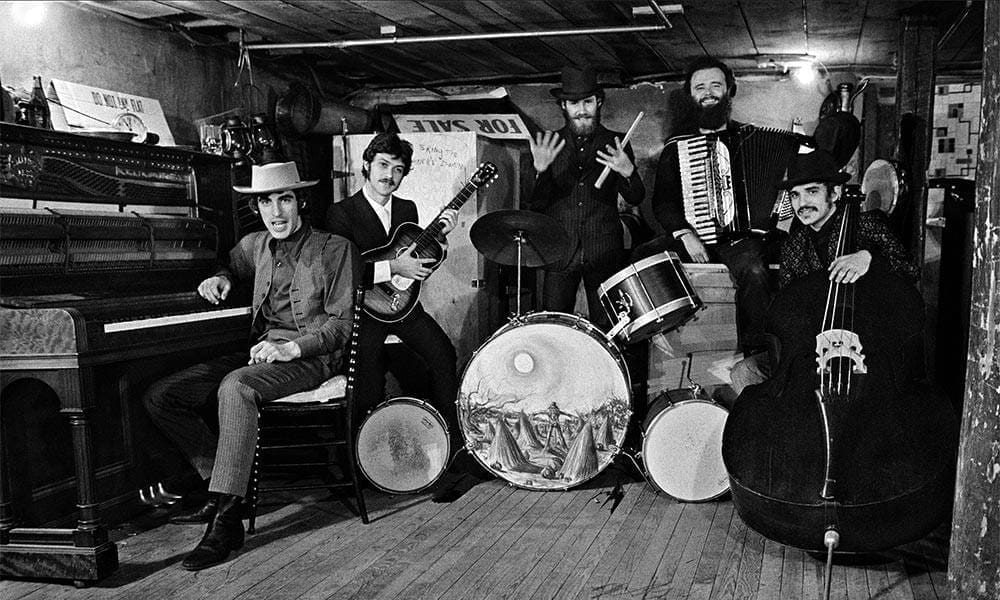
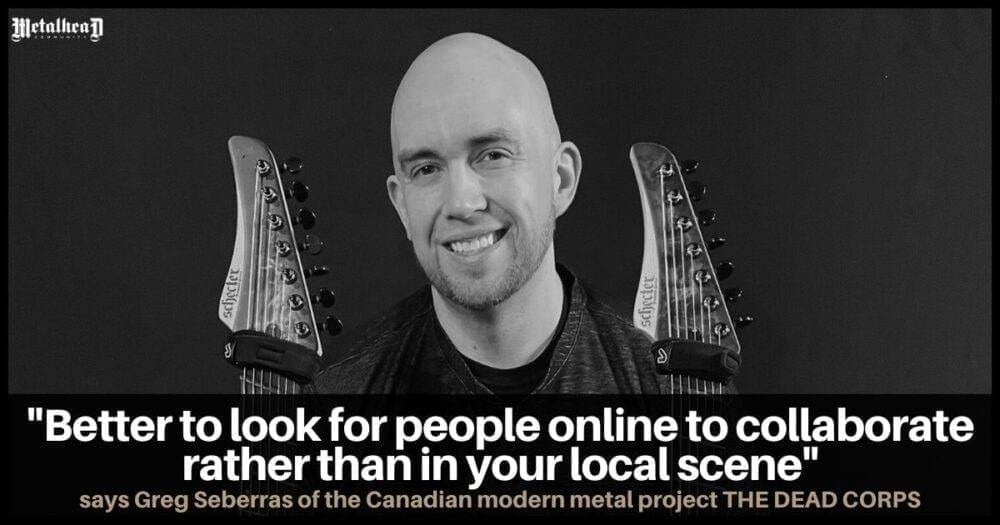
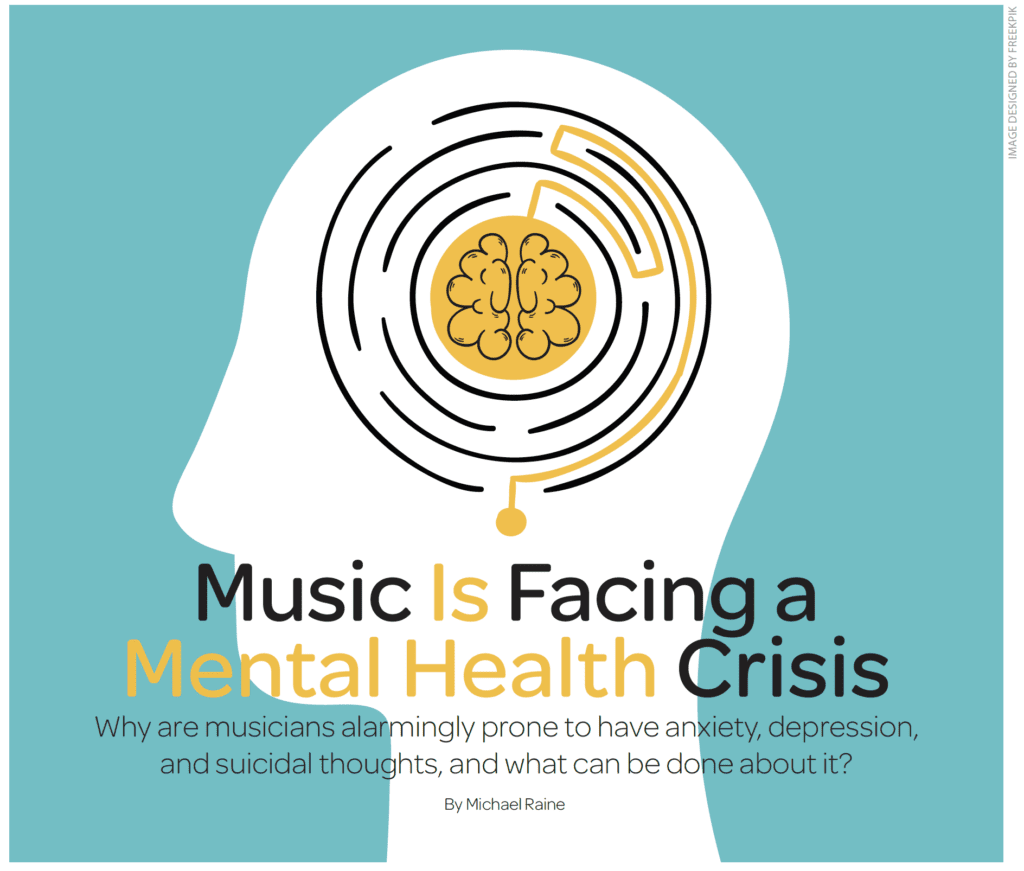
Responses